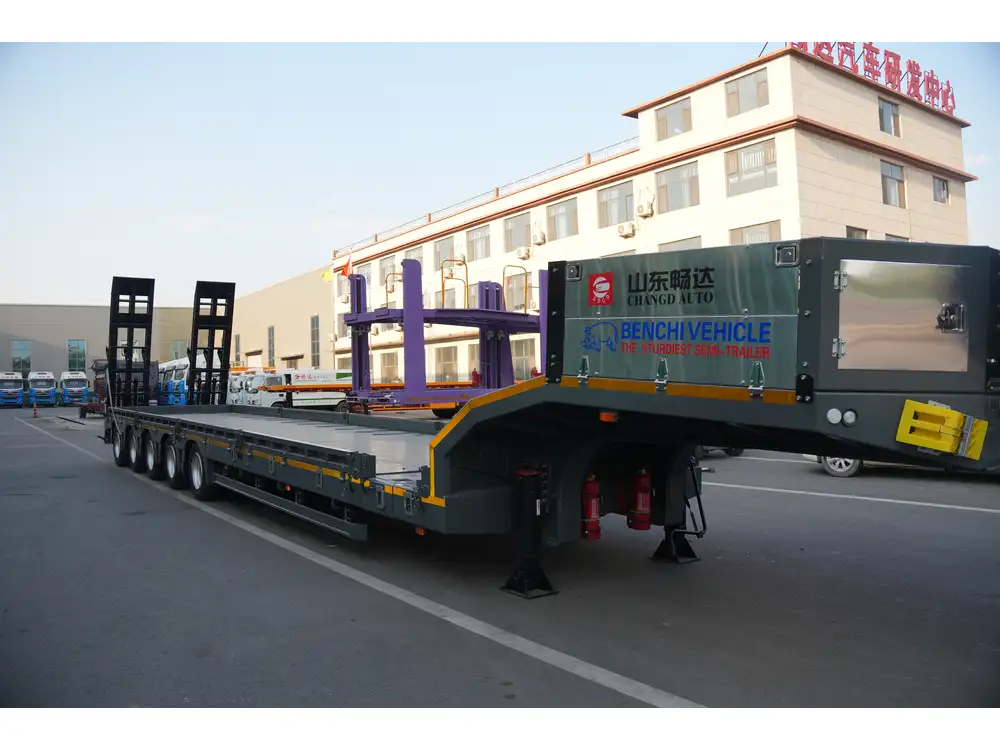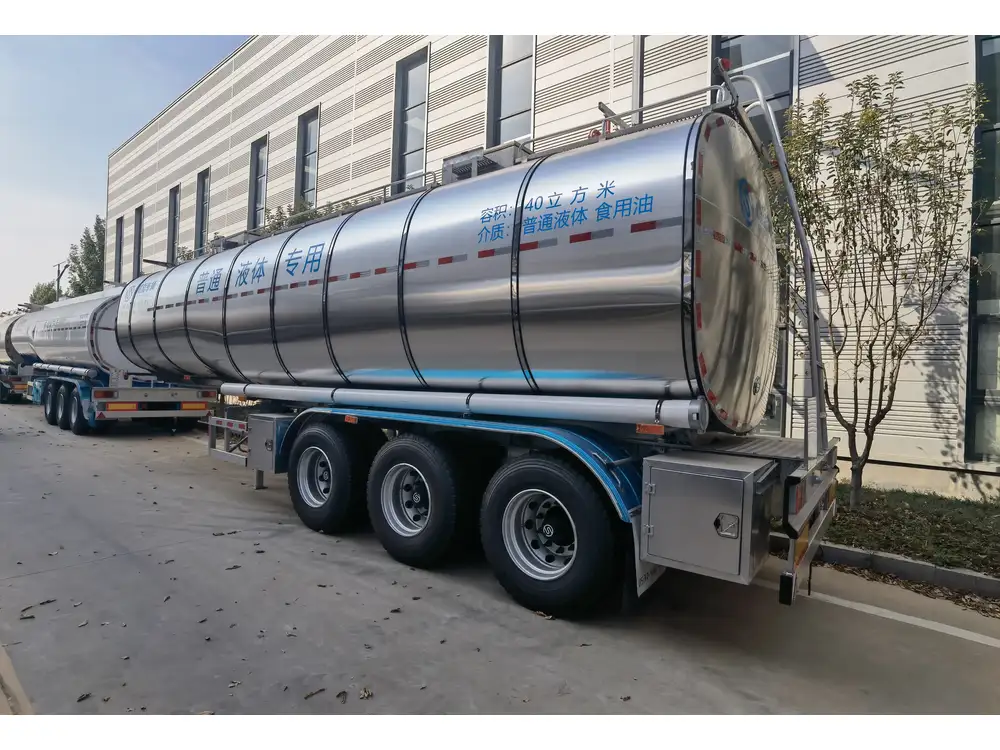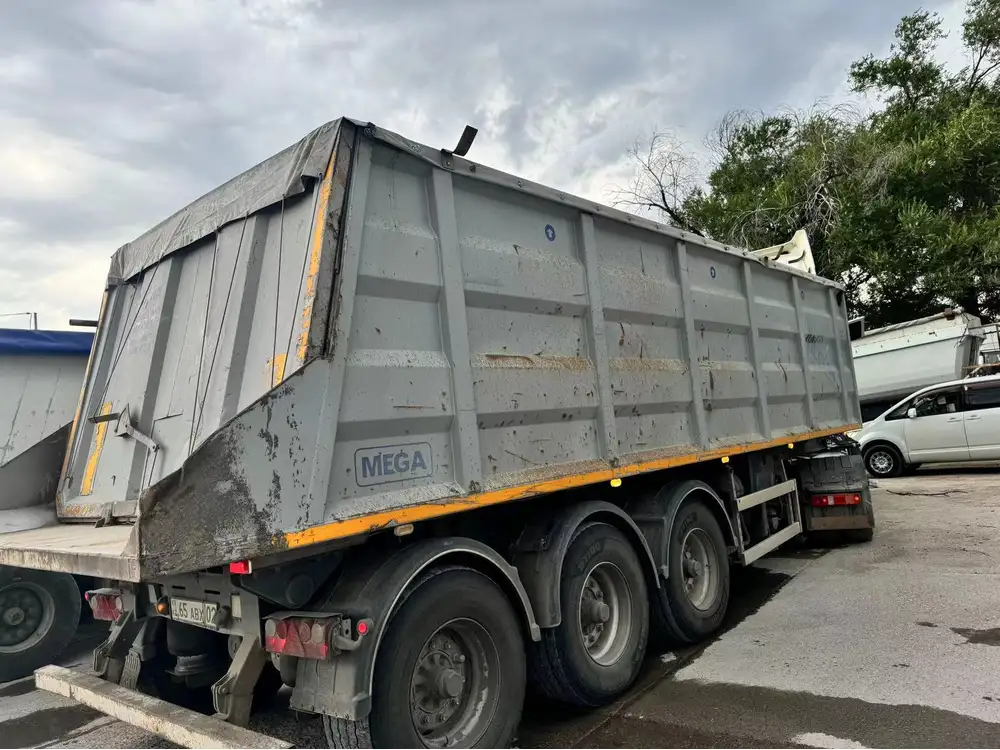Managing your trailer septic tank can seem overwhelming, especially when you’re unsure where to empty it. Whether you’re a seasoned RV owner or a novice embarking on your first road trip, understanding the options available for emptying your septic tank is crucial. In this guide, we will explore various aspects of trailer septic tank disposal, including locations, procedures, and best practices for maintenance.
Understanding Your Trailer Septic System
Before diving into disposal options, let’s first grasp the basics of your trailer’s septic system. Here’s a concise breakdown of its components:
| Component | Function |
|---|---|
| Holding Tank | Stores waste and gray water until emptied. |
| Drainage Pipes | Transport waste to the holding tank. |
| Dump Valve | Opens to allow waste to exit from the holding tank. |
| Vent Pipe | Prevents pressure buildup and allows gases to escape. |
Importance of Proper Septic Tank Disposal
The proper disposal of trailer septic tanks is not only crucial for maintaining hygiene and comfort during trips but is also a regulatory requirement in many jurisdictions. Understanding where and how to dispose of waste will save you from potential legal repercussions and health hazards.

Where to Empty Your Trailer Septic Tank
Finding the right disposal sites when on the road is essential. Here are several common options:
1. Public Dump Stations
Public dump stations are specifically designed for emptying portable waste. They are usually located in:
- RV parks
- Campgrounds
- Travel plazas
- Rest areas
Key Points:
- Most public dump stations are free to use or charge a minimal fee.
- Ensure the station has a clean, working setup (look for clear instructions).
- Attach a hose specifically for the dump valve to prevent contamination.
2. Waste Treatment Facilities
Municipal waste treatment facilities often accept trailer septic tank waste. This option can be beneficial when you’re in or near urban areas.
Key Considerations:
- Check beforehand as some facilities may have restrictions or require a fee.
- Be aware of the facility’s operational hours to avoid any inconveniences.

3. Full-Service RV Parks
Many RV parks offer full services, including waste disposal. It’s a convenient option if you’re staying for an extended period.
Advantages:
- Easily accessible with staff assistance available if needed.
- Facilities may include a dump station, water fill-up, and other amenities.
4. Portable Pump-Out Services
If you prefer the convenience of on-site waste disposal, consider hiring a portable pump-out service. These services can come directly to your location to empty your tank.
What to Expect:
- Schedule a time that works for you.
- Make sure the service is reputable and compliant with local health regulations.
- Typically more expensive than public dump stations, but offers unmatched convenience.
5. Gas Stations and Convenience Stores
Some gas stations and convenience stores may offer waste disposal services. While not as common, it’s worth inquiring when you stop for fuel.
Tip: Call ahead to confirm availability and any fees.

Best Practices for Trailer Septic Tank Maintenance
Maintaining your trailer septic tank is essential for its longevity and effectiveness. Here are some best practices:
Regularly Monitor Waste Levels
Keeping an eye on the waste levels in your holding tank helps you avoid overflows. Most trailer tanks have a gauge that indicates when it’s time to empty.
Use Biodegradable Toiletries
Utilizing biodegradable toilet paper and cleaning products can reduce clogs in your septic system and minimize environmental impact.

Perform Routine Maintenance
Flush your system periodically with specialized cleaning solutions to prevent build-up and maintain efficiency.
Keep the Dump Valve Clean
A clean dump valve is critical for safe and efficient waste disposal. Regularly inspect for leaks and clean any debris that may have accumulated.
What to Do in Case of a Septic Tank Emergency
Emergencies can arise, and knowing how to handle them is essential. Below are some common issues and solutions:

Overflow Issues
- Symptoms: Backup in sinks or toilets.
- Solution: Stop using water immediately and locate the nearest dump station.
Foul Odors
- Symptoms: Unpleasant smells emanating from the trailer.
- Solution: Ensure the tank is not full and ventilated properly. If odors persist, contact a professional.
Leaks
- Symptoms: Visible leaks around the holding tank.
- Solution: Evacuate the area and contact a service professional to assess and fix the issue.

Understanding Local Regulations for Waste Disposal
Disposal regulations can vary widely by state and municipality. Before hitting the road, it’s crucial to familiarize yourself with local laws regarding:
- Waste disposal practices
- Prohibited dumping locations
- Fees associated with specific sites
State Guidelines
Different states have their own guidelines. A comprehensive state-by-state breakdown can be beneficial during your travels. You might also contact local authorities for specific details about what’s permitted in your area.
| State | Waste Disposal Regulation |
|---|---|
| California | Strict adherence to waste processing facilities. |
| Texas | Permits required for commercial waste disposals. |
| Florida | Compliance with state health codes is mandatory. |
| New York | Local sanitation departments oversee waste disposal. |
Tips for Successful Waste Management on the Road
Here’s a succinct list of practical tips to enhance your waste management experience:
- Plan Ahead: Research disposal sites before you embark on your journey.
- Carry the Right Equipment: Make sure to have a reliable waste hose and proper fittings for your dump valve.
- Stay Informed: Keep a list of nearby dump stations, particularly as you travel through rural areas.
- Practice Hygiene: Always disinfect hands and tools after handling waste to prevent bacteria spread.

Conclusion
Navigating the complexities of trailer septic tank disposal doesn’t have to be a daunting task. Equipped with the right knowledge, tools, and resources, you can ensure a hassle-free travel experience while maintaining compliance with local regulations. Whether you opt for public dump stations, full-service RV parks, or even portable pump-out services, understanding where to empty your trailer septic tank offers peace of mind and contributes to an enjoyable road trip. Safe travels and happy camping!



